In the summer of 2021, SX̱EDŦELISIYE Renee Sampson sat with her father, auntie and three daughters on S,ḴŦAḴ, or Mayne Island, where archeologist Darcy Mathews showed them artifacts found on their homelands.
“Having the archeological evidence to say ‘Hey, we’ve been here for a very long time’ was a very eye-opening thing for my children, as well as validating that we’ve been here since the time of our creation stories,” SX̱EDŦELISIYE, who is W̱SÁNEĆ, said of the experience.
SX̱EDŦELISIYE and her family had travelled to the island for the filming of ĆELÁṈEN TŦE ŦEŦÁĆES, a documentary that recounts the 5,000-year history of the W̱SÁNEĆ presence on the Southern Gulf Islands. The film, owned by the W̱SÁNEĆ School Board, was one of four made as part of the ṮEṮÁĆES Revitalization Project, which aims to reconnect the W̱SÁNEĆ with their unceded territories on these islands.
Paul Petrie, the project’s volunteer administrator, nominated the ṮEṮÁĆES Revitalization Project for the Land Use and Conservation Award from the Real Estate Foundation of BC, writing the project “has fostered and supported the W̱SÁNEĆ reconnection with their homeland through four W̱SÁNEĆ led films.”
The Land Use and Conservation Award honours a project that has bolstered people’s relationship to the land and fostered resiliency within their communities and natural environment. The ṮEṮÁĆES Revitalization Project was recognized at the Land Awards Gala that took place on June 13 in Vancouver. Other finalists for this year’s award included the Nature-Based Solutions Foundation; the Nadleh Whut’en First Nation, Stellat’en First Nation and Society for Ecosystem Restoration in Northern BC; and Líl̓wat Forestry Ventures.
While the longest of the four films tells the story of how colonizers dispossessed the W̱SÁNEĆ of their territories, it also shows how the W̱SÁNEĆ are beginning to reconnect with their ÁLEṈENEȻ, or homeland. SX̱EDŦELISIYE was one of several community members who were taken aboard the Achiever, the Raincoast Conservation Foundation’s 65-foot research vessel, to travel to the islands for the film.
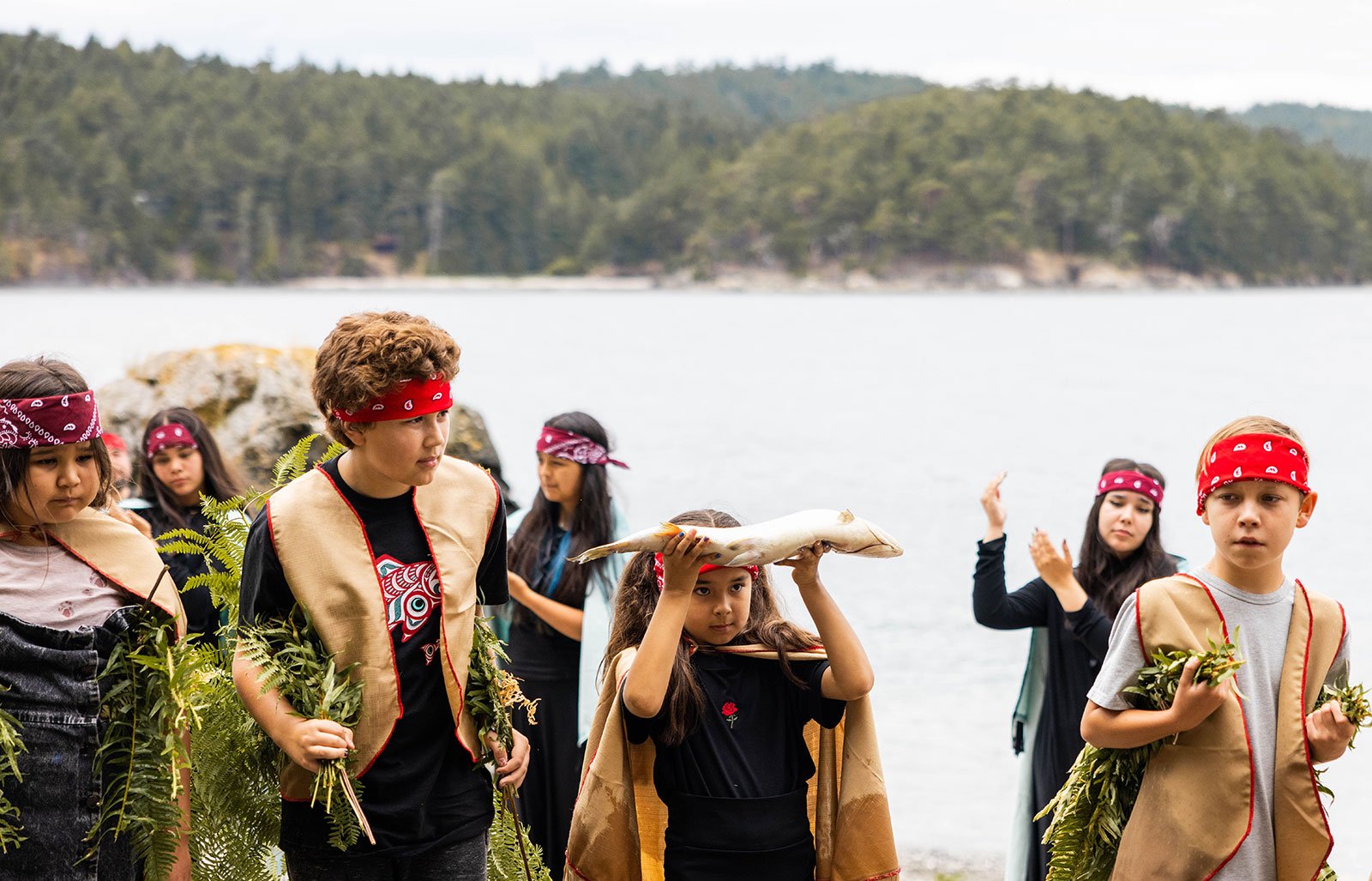
It was during filming that SX̱EDŦELISIYE said she and her daughters got to experience their first salmon ceremony — an important event for the W̱SÁNEĆ that features heavily at the end of the film.
“We were able to learn and be a part of our ceremonies that are very significant to our people,” she said. “That was a very special time at S,DÁ,YES [Pender Island] for us to be a part of. It was powerful and it was beautiful.”
The three shorter films include one that focuses specifically on the W̱SÁNEĆ connection to S,DÁ,YES, another that focuses on their connection to S,ḴŦAḴ, or Mayne Island, and a third that tells the story of the creation of the islands through animation.
Tye Swallow, a co-ordinator for the W̱SÁNEĆ School Board, said the making of the films came to be largely due to the COVID-19 pandemic. In 2020, project partners such as the South Pender Historical Society, Southern Gulf Islands Community Resource Centre, University of Victoria Living Lab Project and the school board were looking for a way to carry on the momentum from their previous endeavour, the ṮEṮÁĆES Climate Action Project.
However, the circumstances under which they could gather had changed drastically, so the idea for a film was raised. Now, Swallow said, the videos serve as educational tools that continue to evolve.
“These videos are living documents in the sense that we're always adding to them,” he said. Any time community members or youth are out on the islands to work or learn, they try to bring videographer Alex Harris along, he explained.
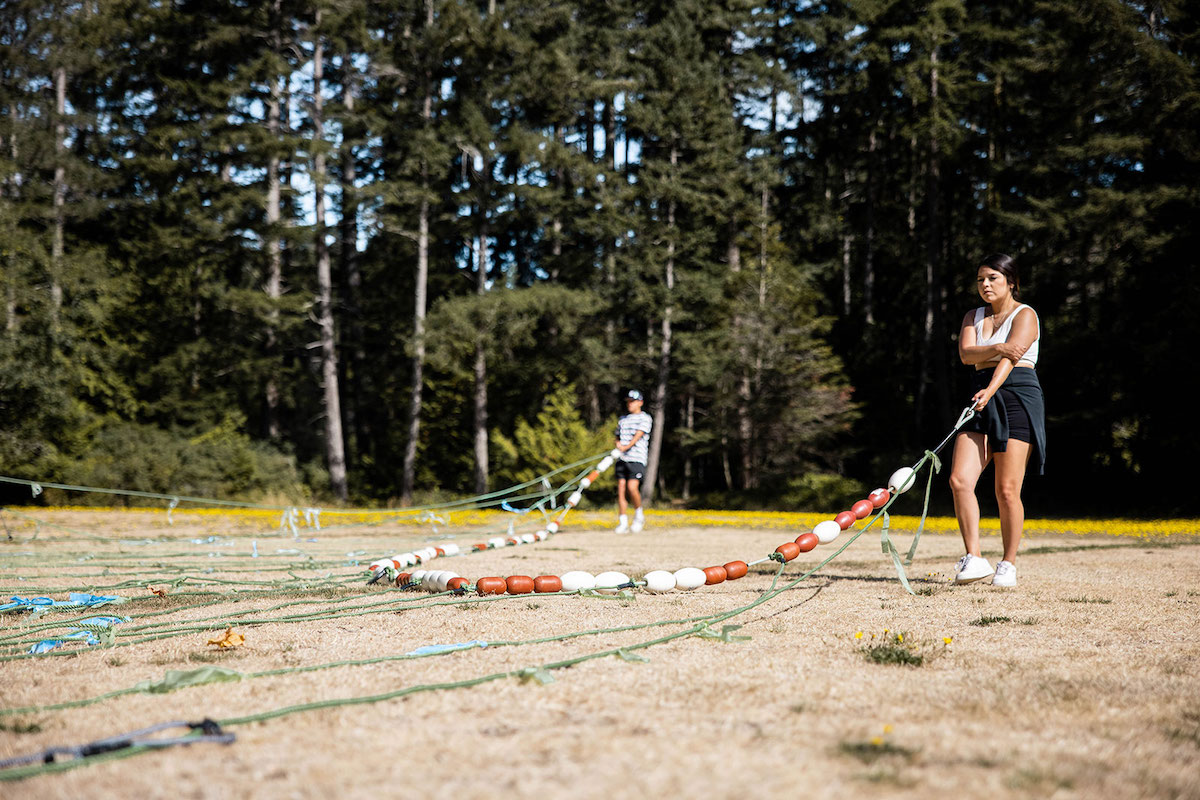
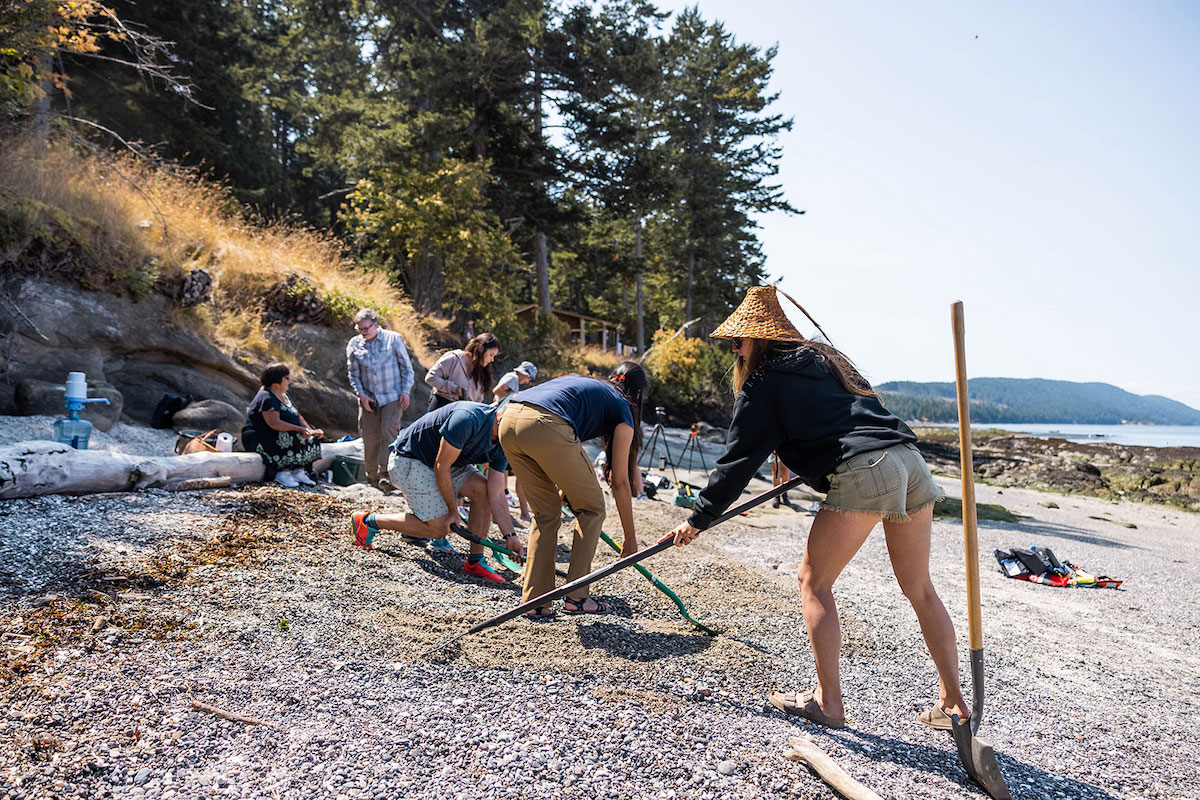
Peter Paré, a board member for the Southern Gulf Islands Community Resource Centre Society, said it was a hot August day when the film was first shown on S,DÁ,YES.
“We had about 150 people, which is a big crowd for Pender,” he said. “I would say most people were moved and educated to some extent, because the history isn't certainly taught in your ordinary school.”
He said showing the films to islanders spawned other reconciliation projects that the community has become engaged in. The films have also been shown at the W̱SÁNEĆ Tribal School, First Peoples House at the University of Victoria and the Salt Spring Film Festival. In June, Swallow travelled to Girona, Spain, to show two of the films at the Living Knowledge conference.
In the future, Swallow said, he’d like to see the movies attached to a widely used curriculum. SX̱EDŦELISIYE added that she hopes the films continue to raise important questions about reconciliation as more people watch them.
“I'm hoping that any human that sees these films will start to think about place and about their connection to who they are and their homelands, and to educate themselves about where they're living and in whose Indigenous territory they're residing on.” ![]()
Read more: Indigenous, Film, Environment
This article is part of a Tyee Presents initiative. Tyee Presents is the special sponsored content section within The Tyee where we highlight contests, events and other initiatives that are either put on by us or by our select partners. The Tyee does not and cannot vouch for or endorse products advertised on The Tyee. We choose our partners carefully and consciously, to fit with The Tyee’s reputation as B.C.’s Home for News, Culture and Solutions. Learn more about Tyee Presents here.
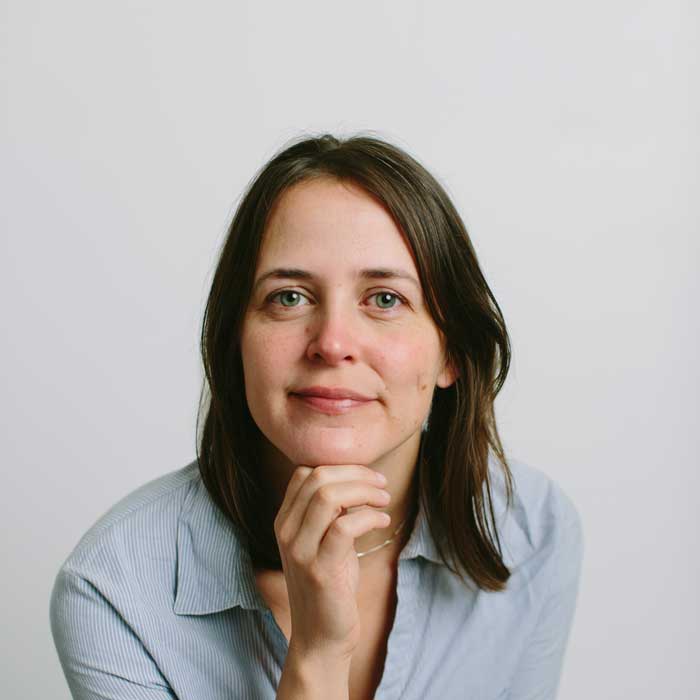


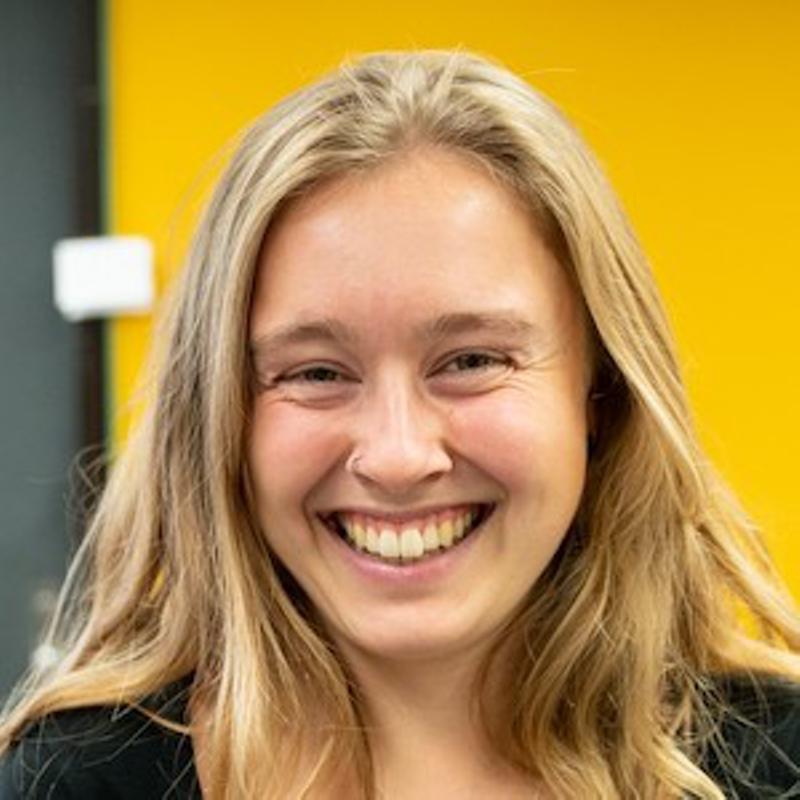

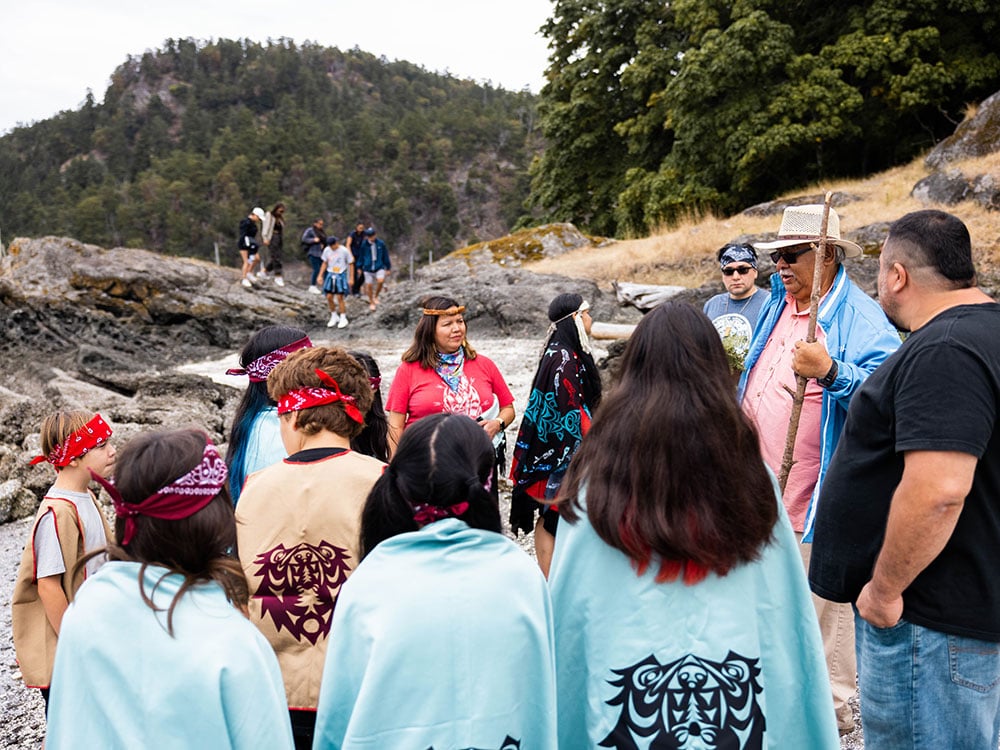

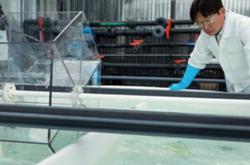
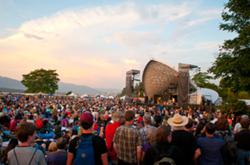
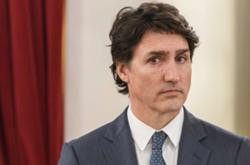
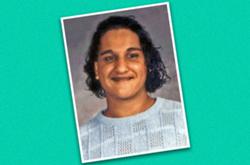
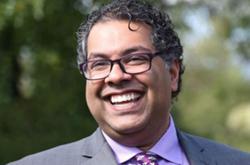
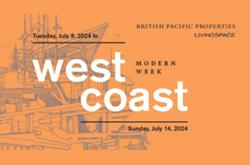
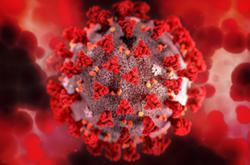
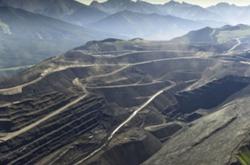
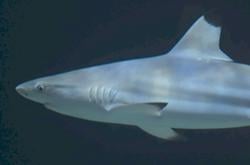
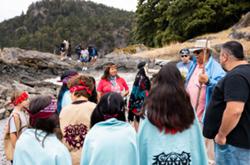
Tyee Commenting Guidelines
Comments that violate guidelines risk being deleted, and violations may result in a temporary or permanent user ban. Maintain the spirit of good conversation to stay in the discussion and be patient with moderators. Comments are reviewed regularly but not in real time.
Do:
Do not: